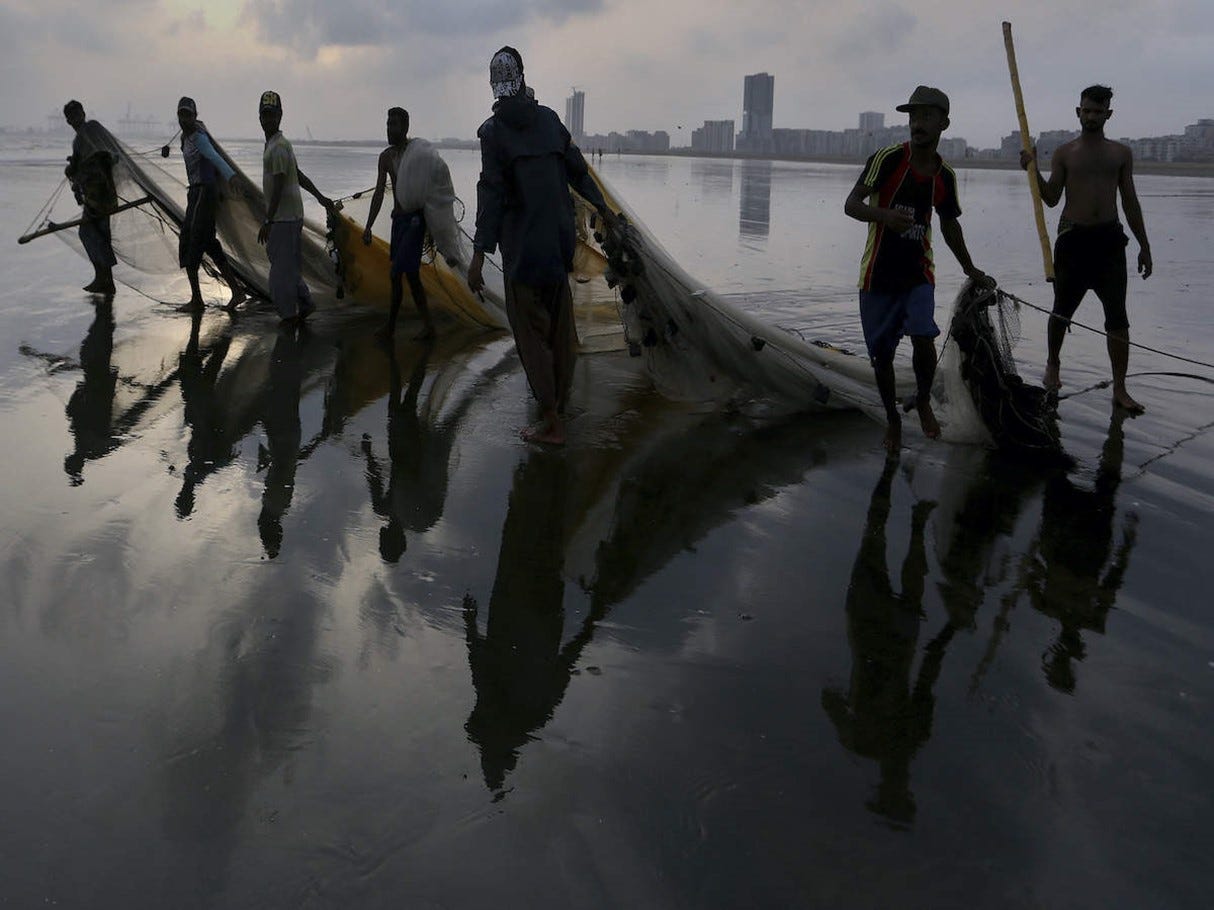Pakistan Port City Erupts Against China’s BRI Project
CPEC’s ‘Development by Dispossession’ rankles Gwadar natives
By: Salman Rafi Sheikh
Beijing’s “win-win” narrative over its trillion-dollar Belt and Road initiative risks losing its appeal not only among the nations it targeted to expand its economic and political influence, but also among the populations that it promised to uplift and change their lives.
That is especially true in Gwadar, the so-called ‘jewel city’…
Keep reading with a 7-day free trial
Subscribe to Asia Sentinel to keep reading this post and get 7 days of free access to the full post archives.

